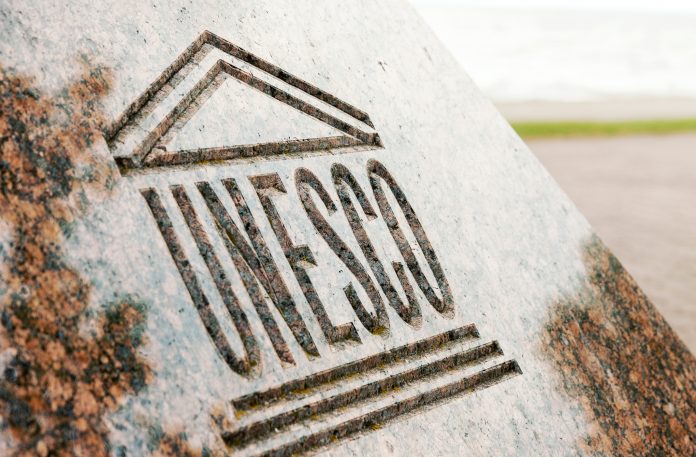The US rejoins UNESCO – the United Nations Educational, Scientific and Cultural Organisation in July, marking a significant reversal from previous administrations
The decision to rejoin the agency, known for its recognition of World Heritage Sites, comes after a series of withdrawals and reentries driven by political controversies and concerns of bias.
UNESCO and USA: a tumultuous relationship
Throughout its history, the United States has had a tumultuous relationship with UNESCO.
In 1983, President Ronald Reagan pulled the country out of the organisation, only to have it reenter under President George W. Bush in 2002.
However, in 2011, President Barack Obama was compelled by law to halt U.S. funding after UNESCO granted membership to the Palestinian delegation.
Then, during the Trump administration in 2018, the U.S. withdrew entirely, citing alleged bias against Israel.
Can we expect future support as the US rejoins UNESCO
In a recent extraordinary session, UNESCO’s 193 member states voted overwhelmingly to support the U.S. proposal to rejoin the agency.
The announcement by UNESCO’s executive director, Audrey Azoulay, highlighted that all conditions for the United States’ full return in July had been met. Azoulay expressed her excitement, tweeting, “It’s a great day for UNESCO… once again moving towards universality, with the return of the United States of America.”
Factors behind the Biden Administration’s decision
UNESCO and USA: The Biden administration’s proposal for rejoining UNESCO was driven by multiple factors.
First, the U.S. Congress granted a waiver necessary for the country to resume funding of the agency.
Additionally, the administration outlined a plan to provide $10 million in private voluntary funding, focusing on programs such as Holocaust education, journalist safety, cultural heritage preservation in Ukraine, and STEM education in Africa.
The proposal also includes requesting $150 million in 2024 to address outstanding dues estimated to be around $600 million.
Countering China’s influence and enhancing global competitiveness
The decision to rejoin UNESCO aligns with the Biden administration’s objective to counter China’s growing influence in international organisations.
Undersecretary of State for Management John Bass emphasized that the U.S. cannot afford to be absent from crucial forums that shape global standards in education, science, and technology.
By actively engaging in U.N. institutions like UNESCO, the administration aims to strengthen its position in global competition with China.
United States reentry into UNESCO signifies a global shift
The U.S. reentry into UNESCO signifies a significant shift in the country’s approach to international engagement and cooperation.
It reflects the Biden administration’s commitment to counter China’s rising influence and participate actively in shaping global education, science, and cultural initiatives.
The decision has garnered strong support from member states and offers new opportunities for UNESCO to expand its programs, particularly in areas such as Holocaust education and combatting antisemitism.
Editor's Recommended Articles
-
Must Read >> Justice in the United States: Prison system focus














